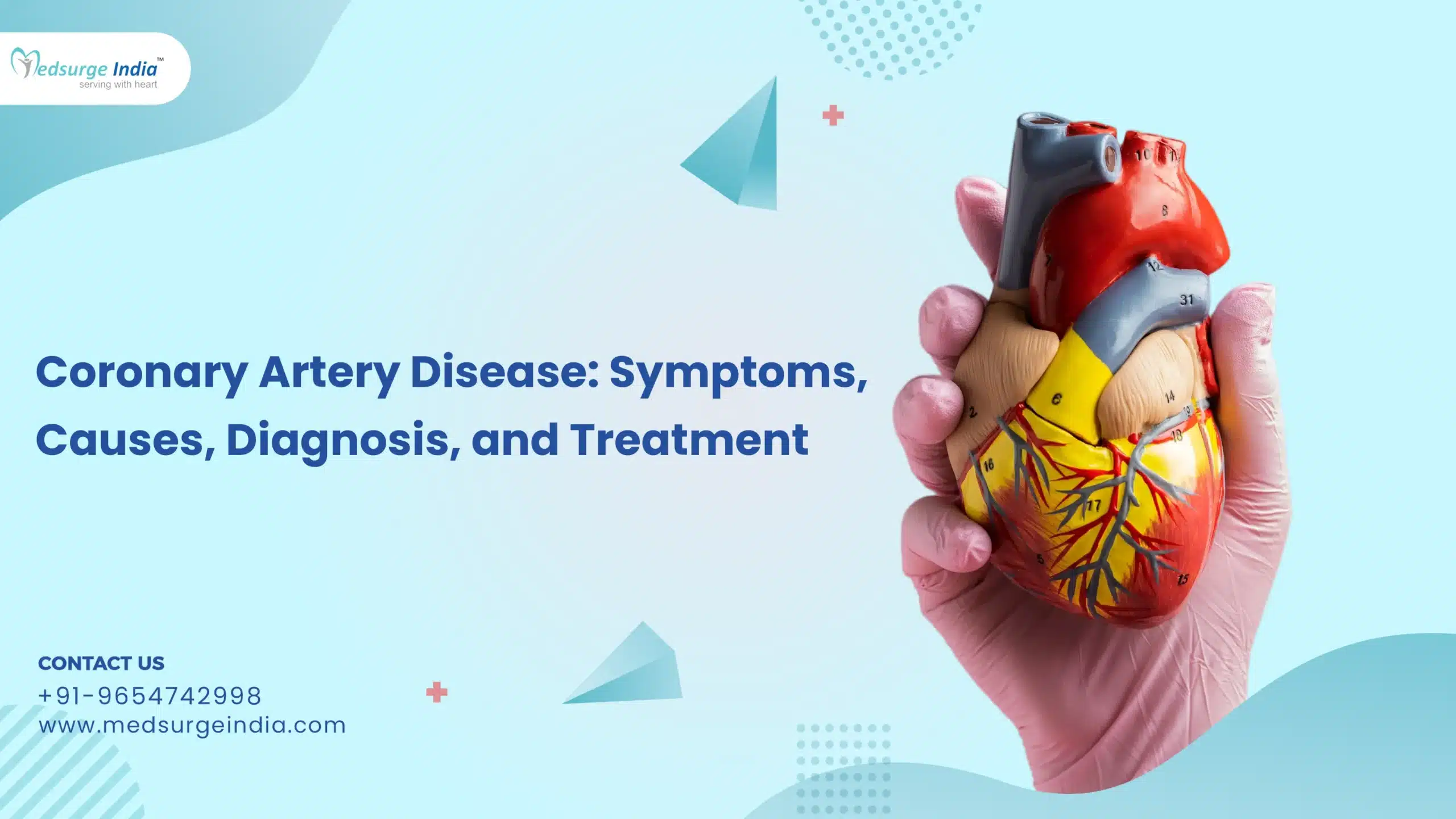
8 Quick Steps to Prevent Small Intestine Cancer
What is Colon Cancer?
Colon cancer is also known as “colorectal cancer” that begins in your colon (large intestine) or rectum of the body. It is initiated as small, noncancerous (polyps) clumps of cells that formed inside the colon. Both the colon and rectum are located in the lower section of your digestive system. Colorectal cancer symptoms totally depend upon the location and size of cancer.
The main function of the digestive system is to process and remove nutrients from the foods and help to pass waste out of the body.
The Colon and Rectum
The colon and Rectum together form up the large intestine (large bowel) about 5 feet long muscular tube, part of the digestive system, also known as the Gastrointestinal System (GI).
As food travels through colons, it is measured in terms of its partitioning:
Ascending Colon: It is the first section of the small intestine that begins with a pouch-shaped structure where undigested food comes in from the small intestine and pushes them upwards towards the belly.
Transverse Colon: It is believed to be the second segment of the colon that goes from the right side of the small intestine to the left side.
Descending Colon: It is the third section of the small intestine and majorly pushes the food to travel down on the left side of the colon.
Sigmoid Colon: Structure resembling an “s” shaped structure located at the site of the fourth section of the intestine. The sigmoid colon joins the rectum, which then connects to the anus.
Together, the transverse and ascending sections make up the proximal colon, while the sigmoid and descending sections make up the distal colon.
Colorectal Cancer Risk Factors
Any factor or circumstance that increases the risk of you getting a disease is called a “Risk Factor”. But having a risk factor does not mean that you will get the disease and sometimes people who get the disease may not have any known visible risk factors.
The following are a few risk factors that scientists found may increase the risk of colorectal cancer after detailed research:
- Obesity or Overweight
- Excess consumption of Alcohol
- Smoking
- Age factor
- Low-fiber, high-fat dietary habits
- A personal history of colorectal cancer or polyps
- A sedentary lifestyle
- Inflammatory intestinal conditions
Signs and Symptoms
Signs and symptoms of colon cancer conclude:
- Diarrhea or constipation
- Physical fatigue or weakness
- Unexplained weight loss or weight gain
- Constant blood flow in your stool or rectal bleeding
- Persistent discomforts in your abdominal section, such as acidic state, cramping, or pain
- Always feeling bloated or heavy in your bowel area
Many people with colon cancer do not experience any of the symptoms in the initial stages. Symptoms may vary from person to person and on basis of the size and location of cancer in the large intestine area.
8 Ways to Prevent Small Intestine Cancer:
Screening: Getting screened with help of spectroscopic techniques on regular basis is the best way to protect yourself. Screening helps to detect small intestine cancer in its early stages, which is conveniently curable and protects you from major harm also.
It is recommended to get screened on a regular basis at a certain age at the beginning of polyps so that the polyps can be surgically removed before becoming cancerous. Spectroscopy can spot polyps that can be surgically removed before they become cancerous.
Most recommended screening options are as follow:
- Stool test – Fecal Occult Blood Test (FOBT) or Fecal Immunochemical Test (FIT)
- Flexible sigmoidoscopy
- Colonoscopy
Maintain a Healthy Weight: Being overweight or obese is the major cause of increased risk factors for getting chronic diseases like cancer, diabetes, etc. Maintaining a healthy body weight or avoiding weight gain is the best way to decrease the overall risk for getting the disease and reducing overweight is beneficial for yourself to stay healthy or protected.
Avoid Smoking: People who smoke on regular basis will be having more chances to catch colon cancer. Smoking itself is the only major cause of getting 15 types of cancers and is extremely harmful to your body. So, avoiding smoking can lead you to a healthy lifestyle and prevent your life from cancer.
Be Physically Active: 70% of the current generation is having a sedentary work lifestyle. So, working out or being physically active is the best way to boost your physical or mental fitness.
Exercising on regular basis helps you to maintain an active lifestyle as well as a mental boost to stay energetic at work or home. Physical activity also provides good blood circulation in your body also.
Limit Red or Processed Meat in Dietary Habits: Consuming an excess amount of red meat (beef, pork, or lamb) increases the risk of colon cancer. Eat lots of green vegetables, whole grains in every meal can help to reduce projection like growth in your colon.
Taking a Multivitamin, Calcium with Folate: It is hard to complete the recommended daily allowance of required vitamins and minerals in your body with regular meals. Take supplements containing folate and vitamins every day to give your body the strength to carry out its normal functions well and to enhance your natural immunity.
Avoid Alcohol: Consuming excess liquor or alcohol is lethal for both men and women. It majorly impacts your kidney and makes changes in your body if consumed too much. It also enhances the possibility of heart attacks.
Detoxification: Physiological and medicinal methods to cleanse heavy toxins from the body. Furthermore, this toxin removal process improves and maintains the health of the liver and intestines.
Colonoscopy Therapy
Colonoscopy is an endoscopy examination process to detect polyps (finger-like projection) in the large bowel and distal part of the small bowel with a fiber optic camera on a flexible tube passed through the anus. It also allows for the visual diagnosis of ulcers and polyps. Also, provide an opportunity for biopsy or removal of colorectal cancer lesions.
To know more about, hospitals providing colonoscopy therapy in India. Please do visit our website Med surge India.
Although small intestine cancer is easily curable still there are many risk factors that can not be controlled by us. Physicians or expert researchers recommend making small changes in your daily diets, working lifestyle, alteration in smoking, and drinking habits can help you to prevent colon or colorectal cancer.
Making small changes in your daily routine can decrease the risk of having diseases like diabetes, blood pressure, other cancers.














